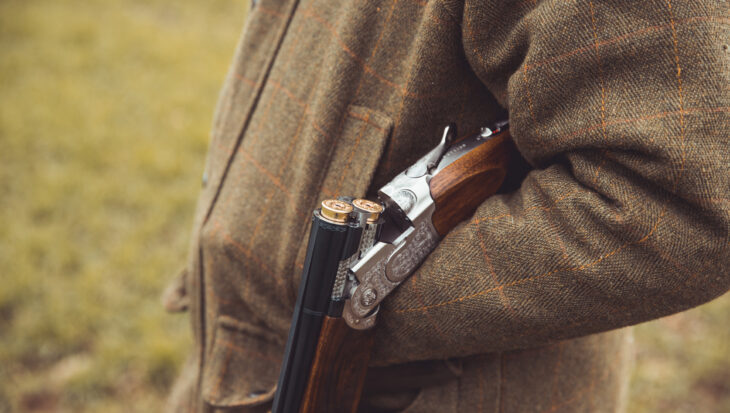Ban on the use of lead shot – finally!
Posted 10 Jul 2025

Posted on the 14th June 2006
Animal Aid's Director, Andrew Tyler, and its Horseracing Consultant, Dene Stansall, took the issue of the scandalously high levels of equine death and injury to the House of Commons last night when it debated the head of racing's governing body.
The Horseracing Regulatory Authority (HRA) has previously refused to debate Animal Aid but a request from the Associate Parliamentary Group on Animal Welfare (APGAW) to answer Animal Aid’s charges before a gathering of peers, MPs, regulatory racing figures and animal protection representatives, would have proved embarrassing to decline.
The event was an important landmark in Animal Aid’s six year campaign to expose the hidden suffering behind racing’s benign façade, and signals the beginning of the political debate about racing and welfare.
The debate started with Dr Peter Webbon, the HRA’s Chief Executive, attempting to dismiss Animal Aid’s case by identifying us as an animal rights group and therefore unable to pronounce credibly upon the horseracing industry. Animal Aid retorted by declaring that, although we regard racing as inherently exploitative and therefore not worthy of public support, our critique centred upon a series of practical, immediate steps that would begin rapidly to reduce death and injury.
Among the shocking statistics put before the audience was that 375 horses are raced to death every year; thousands of ‘failed’ horses are slaughtered for meat; stress-related conditions, such as bleeding lungs and gastric ulcers are endemic; and a great many horses are simply jettisoned at the end of their careers.
Animal Aid’s 90-second film, Heartbeat, which shows jump horses crashing to the ground and dying, caused obvious distress to many of those present. Because of the intensity of debate and the volume of questions, APGAW’s chairman, Eric Martlew MP, extended the meeting by 20 minutes. Animal Aid set before the meeting a series of objectives that it urged the MPs and peers to support. They are:
Says Animal Aid’s Horseracing Consultant, Dene Stansall:
‘This was a constructive meeting at which representatives from all the bodies that govern and finance racing were present. Before an audience of peers and MPs they were held to account and know that the serious political debate has begun.’
Among the key racing figures present were the following: Lord Donoughue (currently working on a major report setting out the future funding of the industry); representatives of the British Horseracing Board (which organises the calendar of racing events) and the Rehabilitation of Racehorses (charged with providing for horses after their retirement); Lord Soulsby of Swaffham (former veterinary adviser to the Horserace Betting Levy Board and joint honorary secretary of APGAW); a DEFRA official ,and key representatives from the RSPCA and the International League for the Protection of Horses.
Posted 10 Jul 2025

Temperatures are rising and it’s time to get outdoors, enjoy the weather and tuck into some delicious vegan food! Thanks to an abundance of plant-based options now available, there’s an alfresco option for every tastebud...
Posted 09 Jul 2025
